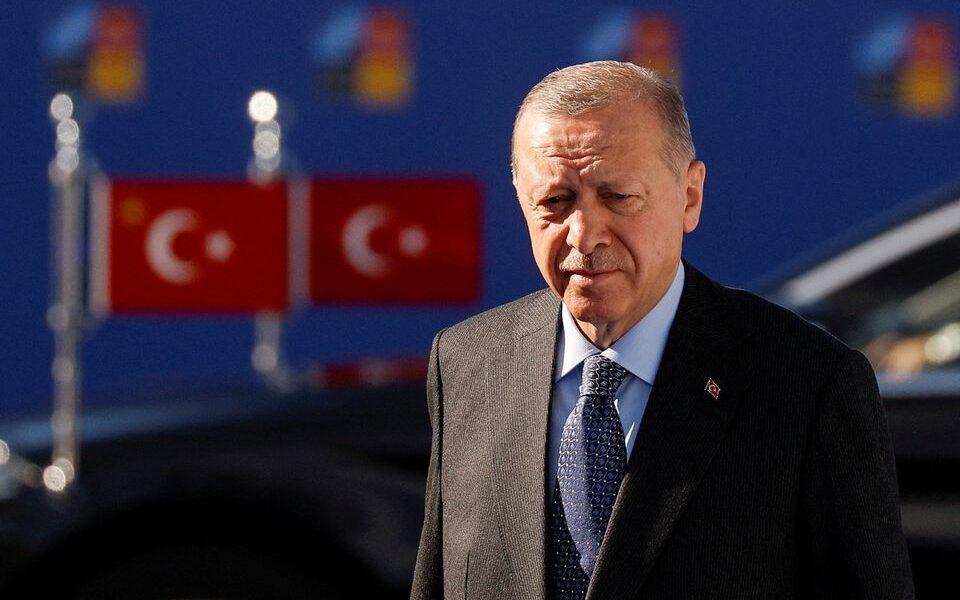The United States and United Kingdom imposed sanctions Wednesday on three Turkish targets as part of the West’s continued effort to “cut off more of the international assets and finance channels still connecting Moscow’s economy to global trade and finance.”
On April 12, the U.S. Treasury sanctioned two Turkish companies and two associated targets. The first company is Dexias Industrial Products and Trading, whose Russian affiliate, Dexias Limited Liability Company, and general director, Alim Firov, were also blacklisted. Dexias served as an intermediary for a previously sanctioned Russian enterprise, “interact[ing] with Western firms in its efforts to procure U.S.-origin electronic components.”
The second Turkish company, Azu International, is responsible for facilitating the sale of “multiple shipments of foreign-origin electronics technology such as computer chips.” Additionally, recently leaked U.S. intelligence sources point to Turkey’s possible attempts to sell weapons to the Russian mercenary company, the Wagner Group, which is contracted by the Russian government to fight in Ukraine.
Top U.S. officials have warned Ankara multiple times about the risks of a permissive attitude toward illicit finance. In 2022, Brian Nelson, undersecretary of the Treasury for terrorism and financial intelligence, met with Turkish and Emirati officials and business representatives. Nelson warned the Turks, as he did the Emiratis, that “individuals and institutions operating in permissive jurisdictions risk potentially losing access to G7 markets on account of doing business with sanctioned entities.”
Also in 2022, Deputy Secretary of the Treasury Wally Adeyemo issued verbal and written warnings to the Turkish government and associated business organizations to stop enabling Russian financial transfers. In response, Turkish state and private banks terminated their use of Russia’s “Mir” payment system — Moscow’s alternative to SWIFT. Last month, Turkish officials, in collaboration with their American counterparts, took joint action to designate four individuals and two entities tied to the Islamic State (ISIS) for enabling “the terrorist group’s recruitment and financial transfers to and from Iraq and Syria.”

